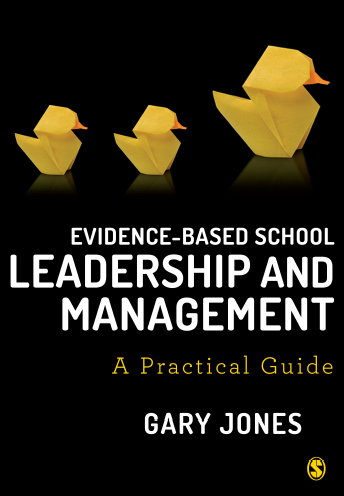As we approach the end of the calendar year it seems only sensible to have an end of year list. So in the spirit of 'bah humbug' I thought I'd provide a checklist of those actions where you may have tried to sabotage yourself as school research lead or where others may have tried to undermine you. This checklist is based on Simple Sabotage by Galford, Frisch and Greene - which in turn is based on guide to sabotage produced by the US Office of Strategic Services in 1944
A checklist of acts of sabotage
|
Action
|
You
|
Others
|
|
Insist on doing everything by ‘channels.’
Never permit short-cuts to be taken to expedite decisions
|
|
|
|
Make speeches. Talk as frequently as
possible and at great length.
Illustrate your points by long anecdotes and accounts of personal
experience. Never hesitate to make a few comments that .we are doing it for
the pupils’
|
|
|
|
Where possible refer all items to ‘committees’
for further discussion and consideration.
Attempt to make the committees as large as possible – never less than
five.
|
|
|
|
Bring up irrelevant issues as frequently
as possible
|
|
|
|
Haggle over precise wordings of
communications, minutes and other documents
|
|
|
|
Refer back to matters already decided
upon at the last meeting and attempt to re-open the question or the
advisability of the discussion
|
|
|
|
Advocate ‘caution’ Be reasonable and urge
your colleagues to be ‘reasonable’ and avoid haste which might lead to
embarrassment later on
|
|
|
|
Be worried about the propriety of any
decision – raise the question of whether such action as is contemplated lies
within the remit of the group or whether it might conflict with the policy of
some higher eschelon
|
|
|
|
CC everyone into to all your emails and
discussions
|
|
|

